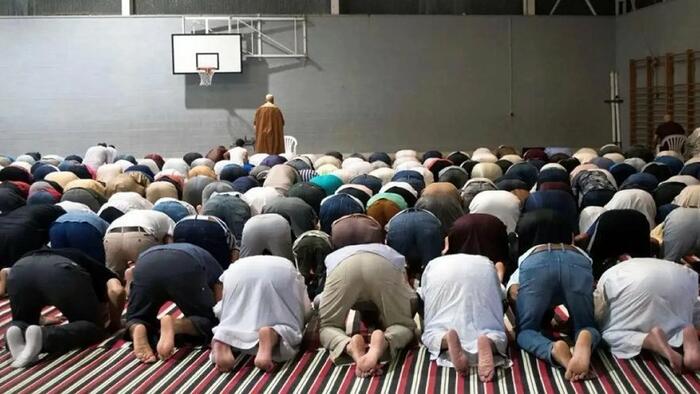
What Happened?
- Jumilla, Spain, a town of 27,000 people, banned Muslim festivals like Eid al-Fitr and Eid al-Adha from public spaces (sports halls, community centers).
- The ban was pushed by Vox, a nationalist political party, which claims these events are “alien to Spanish identity.”
Why Did This Happen?
- Vox’s Stance: They argue the ban prevents “Islamization” and protects Spain’s Christian heritage. A Vox spokesperson linked Muslim practices to “insecurity.”
- Local Context: 7.5% of Jumilla’s population comes from Muslim-majority countries. The town has a history of Arab rule from the 8th to 13th centuries before being reclaimed by Christian kingdoms.
Reactions
- Muslim Community: Leaders call the ban “a step backward” and a “lack of respect.”
- Social Media: Tweets show split opinions—some praise the move as “protecting culture,” while others criticize it as discriminatory.
Bigger Picture in Europe
- Immigration Tensions: Since 2015, Europe has seen increased migration from conflict zones like Syria, Afghanistan, and North Africa. Critics argue poor integration fuels cultural clashes.
- Rise of Nationalism: Parties like Vox gain support by opposing immigration. Recent protests in nearby Murcia erupted after migrants allegedly attacked an elderly resident.
- EU Policies: Critics blame the European Union’s open-border policies for instability, though supporters emphasize humanitarian goals.
Key Terms Simplified
- Eid al-Fitr/Eid al-Adha: Major Muslim holidays marking the end of Ramadan and the annual pilgrimage to Mecca.
- Islamization: A term used to describe perceived growth of Muslim cultural influence.
- Nationalism: Movements prioritizing a country’s native culture over foreign influences.
Why This Matters
This ban reflects a broader European struggle to balance cultural identity with diversity. Similar debates are heating up globally as migration reshapes communities